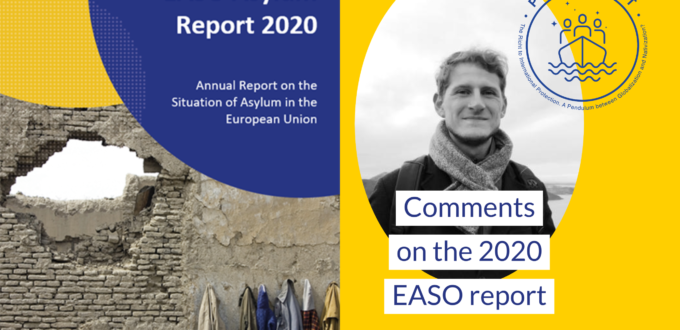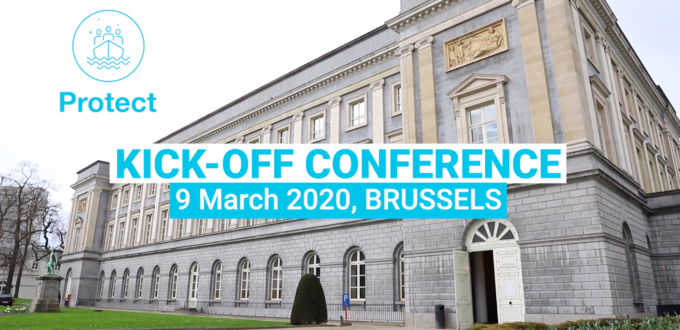Relocation of asylum seekers has been at the heart of fierce controversies over the past decade. When the refugee crisis erupted in Europe in 2014-2016, the large inflows of asylum seekers shed light on the inadequacy of a system that everyone knew to be wobbly: the Dublin Regulation. Said Regulation aims to determine which EU member state is responsible for a given asylum claim lodged in the block. It relies on a hierarchy of principles that most often ends up in attributing responsibility to the member states whose border has been irregularly crossed. For mere geographical reasons, the states that happen to be located at the external borders of the EU are the ones bearing much of the responsibility. While this system somehow works so long as influxes are low, the sizeable increases of the years 2014-2016 clearly unveiled its limits; with Italy and Greece struggling to deal with the situation and calling for solidarity from their fellow member states.
The 2020 EASO Report: In the age of “new normality”, asylum retains all its urgency
The European Asylum Support Office’s (EASO) annual report on the situation of asylum in the European Union is a must-read for everyone interested in refugee issues with a focus on the EU+ area. The document covers 2019 trends but it does not seem to talk about another epoch: rather the opposite. Here are but a few extracts from its wealth of data
PROTECT partner presentations: The Queen Mary University of London
The Queen Mary University of London is one of PROTECT’s two UK-based teams. The team is led by the distinguished EU law and migration expert Elspeth Guild, joining her are the aspiring law scholar Kathryn Allinson and Nicolette Busuttil. Together, the team has followed the processes surrounding the UN Compacts on Migrants and Refugees closely and explored their potential in advancing the international protection system.
PROTECT successfully launched in Brussels
A number of high-profile representatives from the academic community, civil society organizations, and international organizations were present for PROTECT’s kick-off conference in Brussels on 9 March 2020. The conference allowed both academics and stakeholders to become more familiar with PROTECT’s research objectives, Work Packages, and involved partners. Key speakers from the United Nation’s Refugee Agency (UNHCR) and the European Council on Refugees and Exiles (ECRE) also stressed the urgency of […]




